A Guide to Full Body Check-Up in South Korea

Taking a proactive approach to your health is one of the best decisions you can make, and South Korea has emerged as a global leader in preventive medicine. If you're considering a comprehensive health screening, you’ve likely heard about the incredible efficiency, advanced technology, and affordability offered there. A full body check-up in South Korea is not just a routine physical; it's a deep dive into your current health status using state-of-the-art diagnostic tools. Many people from around the world are choosing South Korea over their home countries to gain a clear and detailed picture of their well-being, often in a fraction of the time and at a fraction of the cost.
The country's top-tier hospitals are renowned for their highly skilled medical professionals and patient-centric systems that streamline the entire process. Whether you're looking to establish a health baseline in your younger years or screen for age-related conditions, there is a tailored package that fits your needs. This guide will provide a thorough overview of what to expect, from the costs of different packages to the specific tests included. We will explore why South Korea’s approach to preventive healthcare is setting a new international standard and how you can take advantage of these world-class services for your own peace of mind and long-term health.
What is the cost of a basic full body check-up in South Korea?
A basic full body check-up in South Korea is designed as a foundational screening to assess your overall health. It’s an excellent starting point for individuals who want to be proactive about preventive care. These packages are standardized to include a variety of essential tests that can detect common health issues, such as diabetes, high cholesterol, and liver or kidney problems, before they become serious.
Despite being the most affordable option, these check-ups are incredibly thorough. They are conducted in the same high-tech facilities as the more expensive packages, ensuring accuracy and quality. A basic package is perfect for establishing a health baseline that you can reference in future years. It generally includes a physical examination, body composition analysis, extensive blood tests, urinalysis, a chest X-ray, and basic organ function tests.
How much does a premium or executive check-up cost?
For a more exhaustive health evaluation, premium and executive packages provide a deeper level of insight. These are highly recommended for individuals over the age of 40, or anyone with a family history of chronic diseases such as cancer, heart disease, or stroke. The higher cost of a premium full body check-up in South Korea reflects the inclusion of sophisticated diagnostic technology and a broader range of specialized tests.
These advanced packages aim to detect potential health issues at their absolute earliest stages. In addition to all the tests in a basic package, an executive screening often includes:
- Advanced Imaging: You can typically choose from a brain MRI, a low-dose lung CT scan (for smokers), an abdominal CT scan, or cardiac CT for calcium scoring.
- Gastrointestinal Screening: A sedated gastroscopy (to examine the esophagus and stomach) and colonoscopy (to screen for colorectal cancer) are standard.
- Cardiac Evaluation: This often includes a stress test and an echocardiogram to get a detailed look at your heart's structure and function.
- Comprehensive Cancer Markers: A wider panel of blood tests to screen for various types of cancers.
Why is South Korea so popular for medical check-ups?
South Korea's reputation as a leader in medical tourism is built on several key pillars. First and foremost is the incredible efficiency. A comprehensive full body check-up in South Korea that could take months to arrange in other healthcare systems can be completed in just a few hours. This is possible due to the integrated "one-stop" system in major hospitals, where all diagnostic departments are located within the same center, and patients are seamlessly guided from one test to the next.
Second is the access to advanced technology. South Korean hospitals invest heavily in the latest medical equipment, from 7T MRIs to advanced CT scanners, ensuring highly accurate results. This is coupled with the expertise of its medical staff, who are highly trained and experienced. Finally, the cost-effectiveness is a major draw. Patients can receive a level of care and a range of tests that would be prohibitively expensive in many Western nations, making preventive health accessible to a wider audience.
What tests are included in a typical check-up package?
The packages for a full body check-up in South Korea are designed to be comprehensive. While the exact list varies between hospitals and package tiers, you can expect a wide range of screenings. The goal is to provide a holistic view of your health, covering everything from basic organ function to early signs of chronic disease.
| Category | Common Tests Included |
|---|---|
| Basics & Vitals | Physical Exam, Blood Pressure, Body Composition, Vision, Hearing, Intraocular Pressure |
| Laboratory Analysis | Complete Blood Count, Lipid Panel (Cholesterol), Glucose (Diabetes), Liver & Kidney Function, Thyroid Panel, Hepatitis, Tumor Markers (e.g., PSA for men, CA-125 for women) |
| Imaging (Basic) | Chest X-ray, Abdominal Ultrasound (liver, kidneys, gallbladder, etc.), Thyroid Ultrasound, Mammogram (women), Pelvic/Prostate Ultrasound |
| Cardiovascular | Electrocardiogram (ECG/EKG) |
| Gastrointestinal | Stool Occult Blood Test. (Gastroscopy and Colonoscopy are in premium packages) |
How long does a full body check-up take?
The efficiency of the check-up process is a hallmark of the South Korean healthcare system. Hospitals have designed their health screening centers for a smooth and rapid flow of patients. Upon arrival, you will be given a personal electronic tag or wristband that guides you from one testing station to the next, minimizing wait times and ensuring you follow the correct sequence of tests.
This streamlined workflow means you can complete an entire battery of tests—from blood draws and ultrasounds to CT scans—in just a few hours. This allows you to easily incorporate a comprehensive health screening into a short trip to South Korea without disrupting your travel plans.
How do I get my results?
The process for receiving results is as efficient as the check-up itself. After completing your tests, you will usually have a consultation with a physician who will review your preliminary findings. This immediate feedback is invaluable, allowing you to ask questions and understand any initial concerns.
The final, detailed report is compiled once all laboratory tests are complete. This comprehensive document provides a breakdown of all your results, often with explanations and reference ranges. It is professionally translated into English and sent to you securely via email, creating a permanent health record you can share with your doctor at home.
Take control of your health journey today. Contact PlacidWay to explore personalized full body check-up packages and connect with world-class medical facilities in South Korea.


.png)
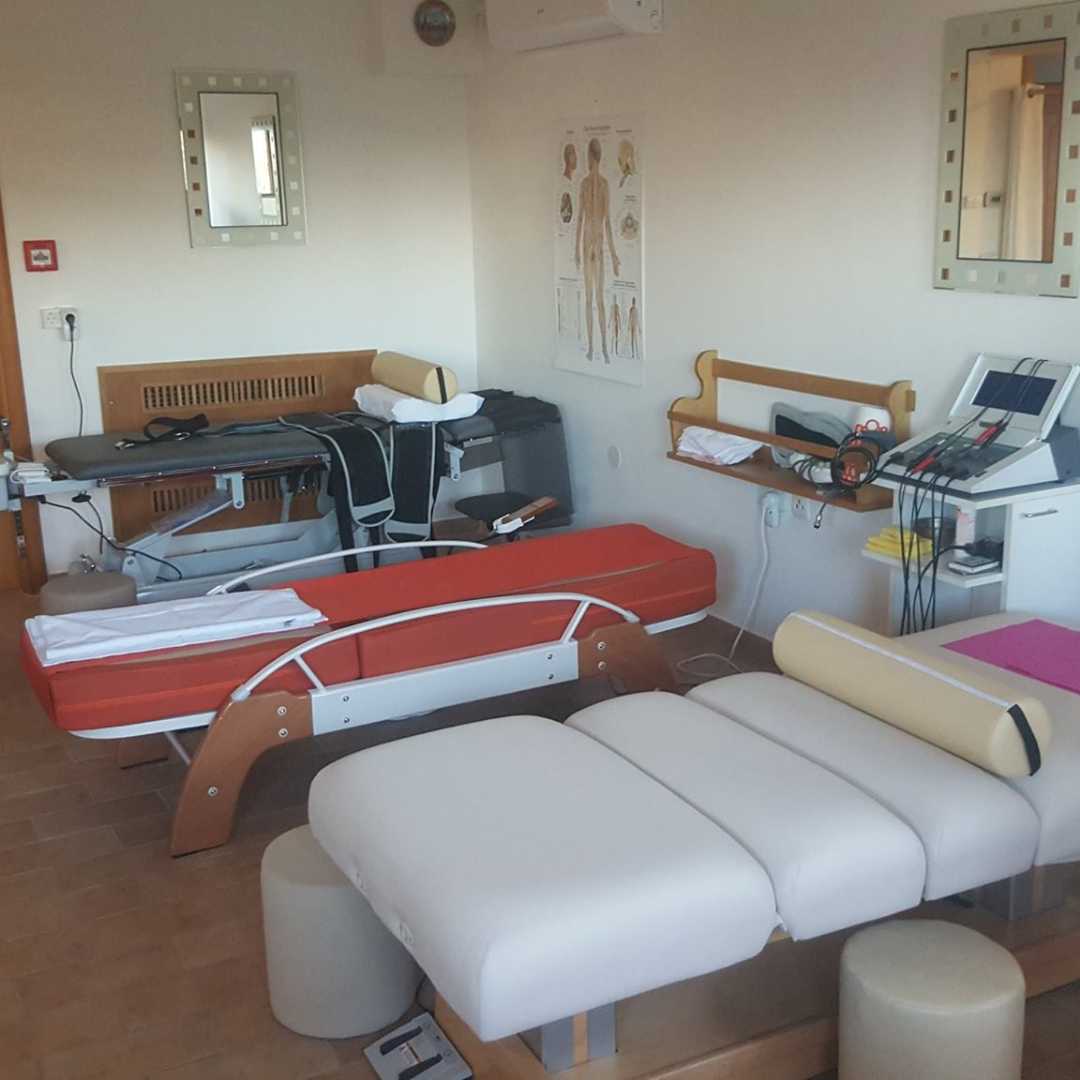

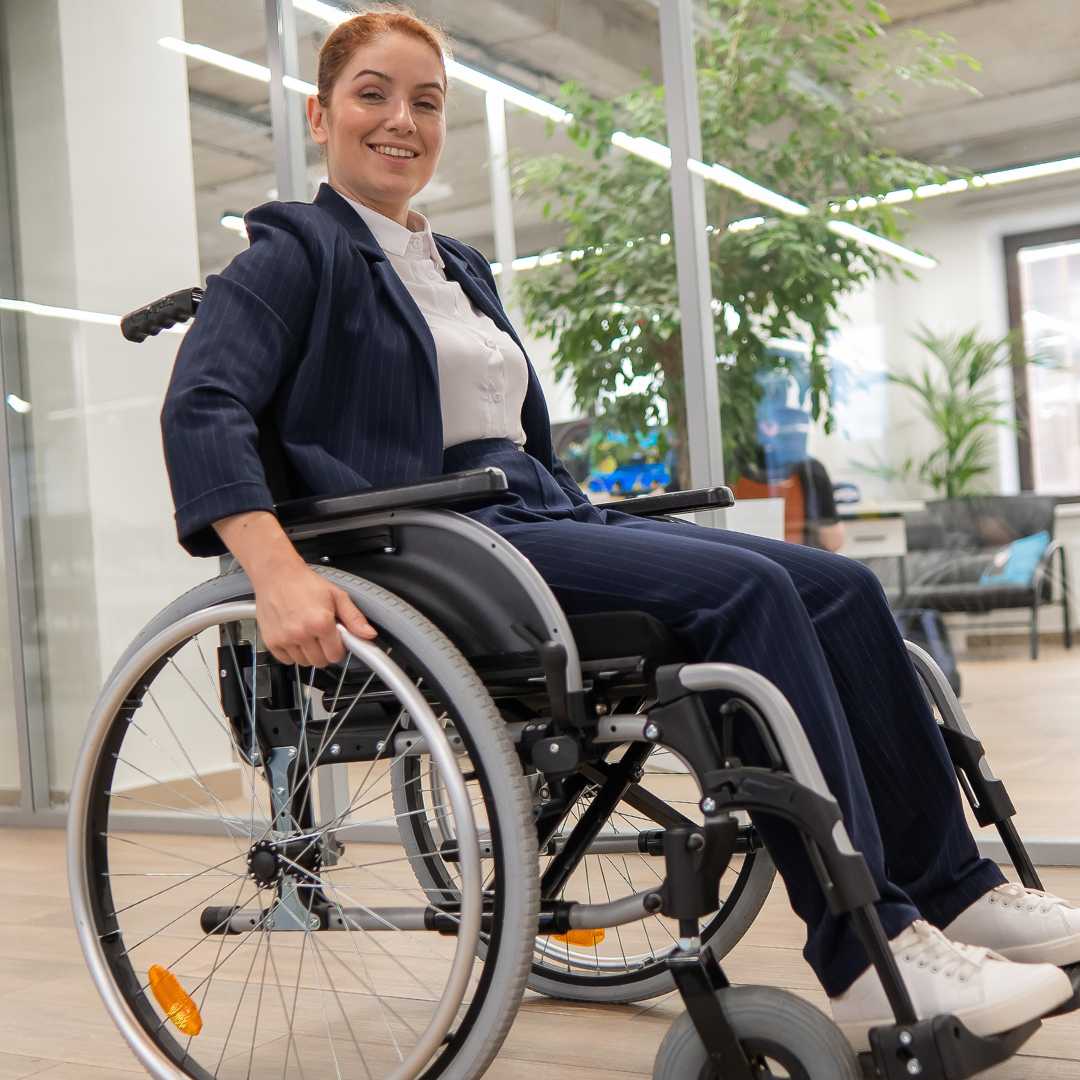

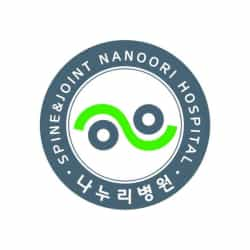
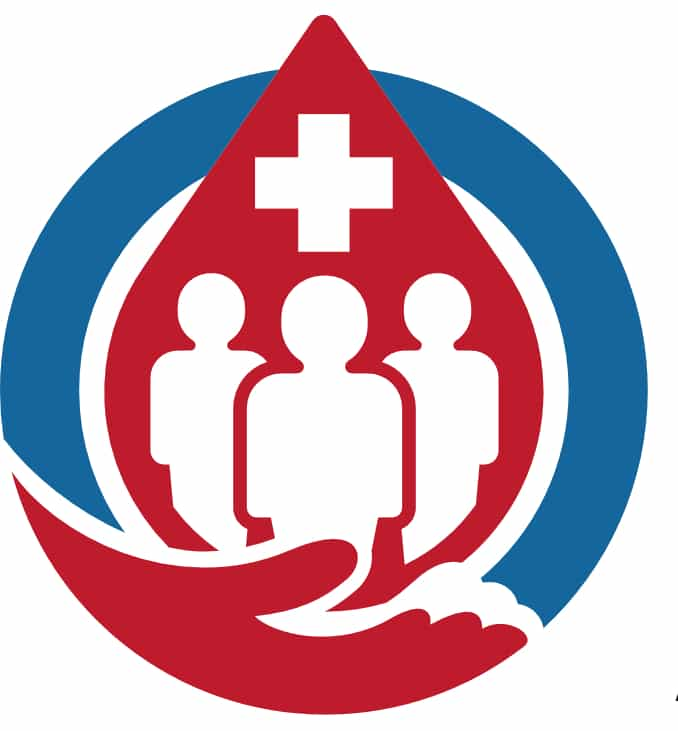
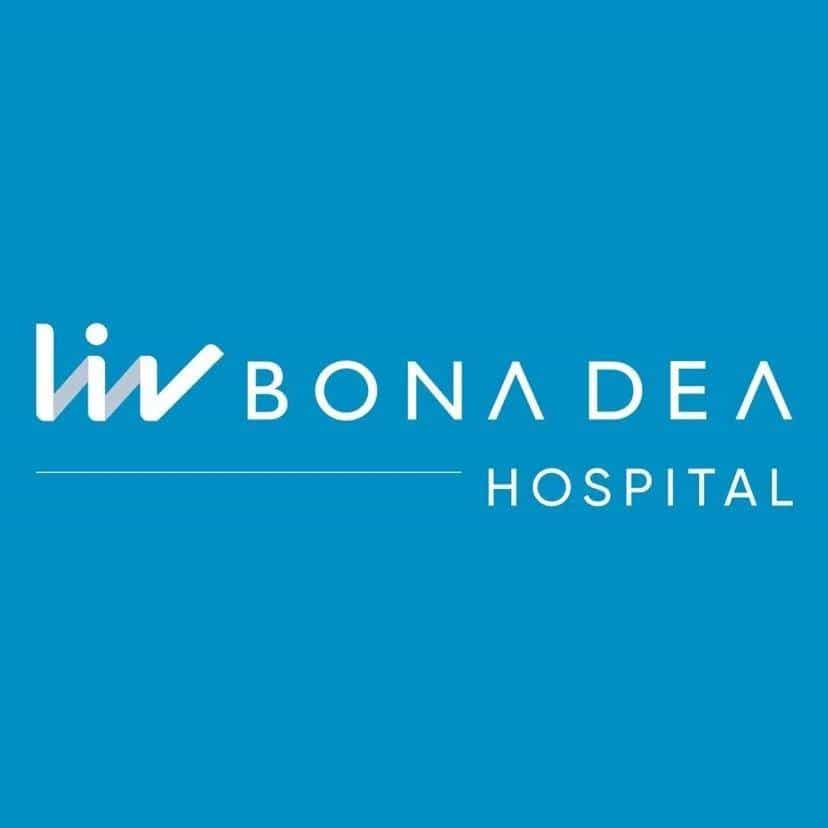
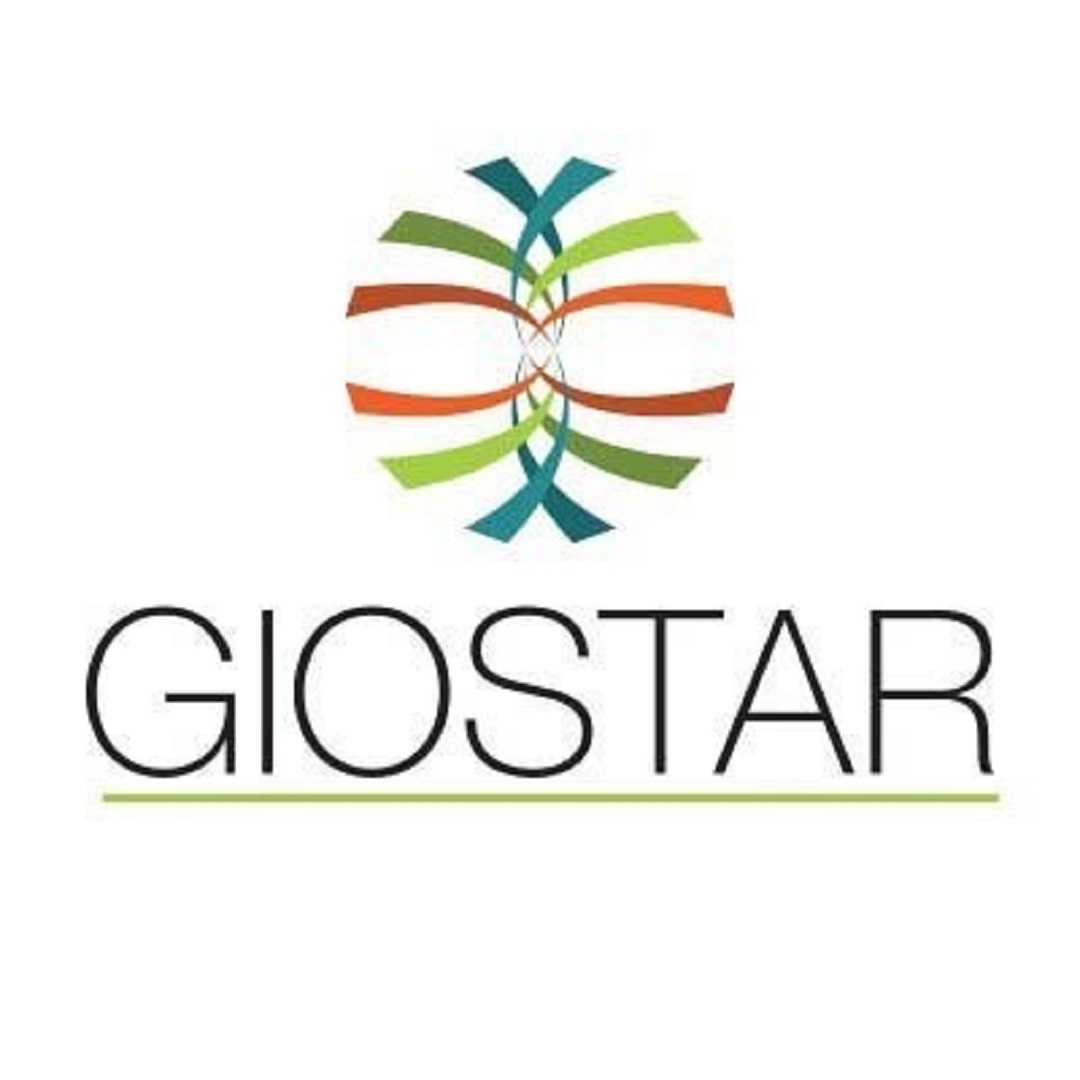
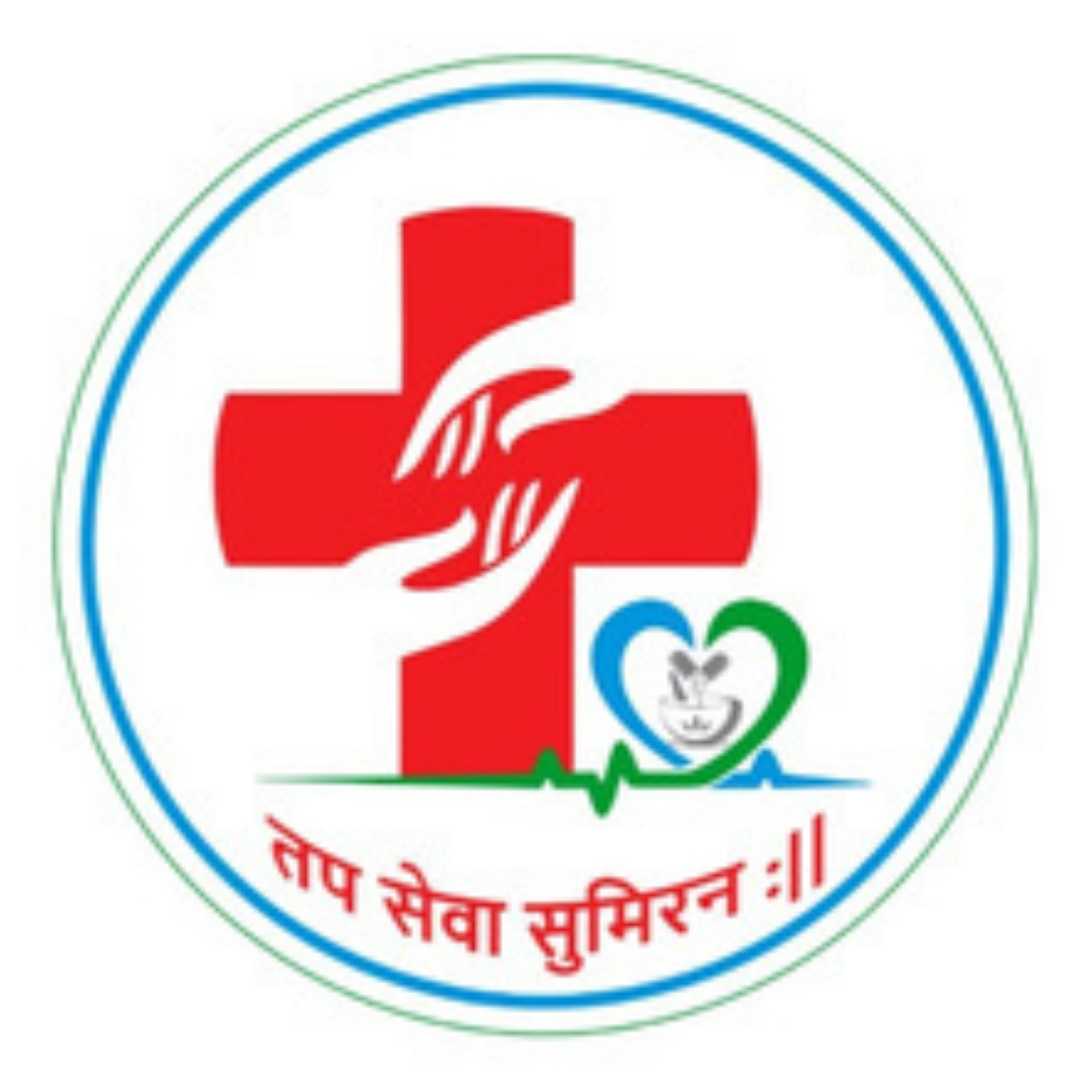

Share this listing